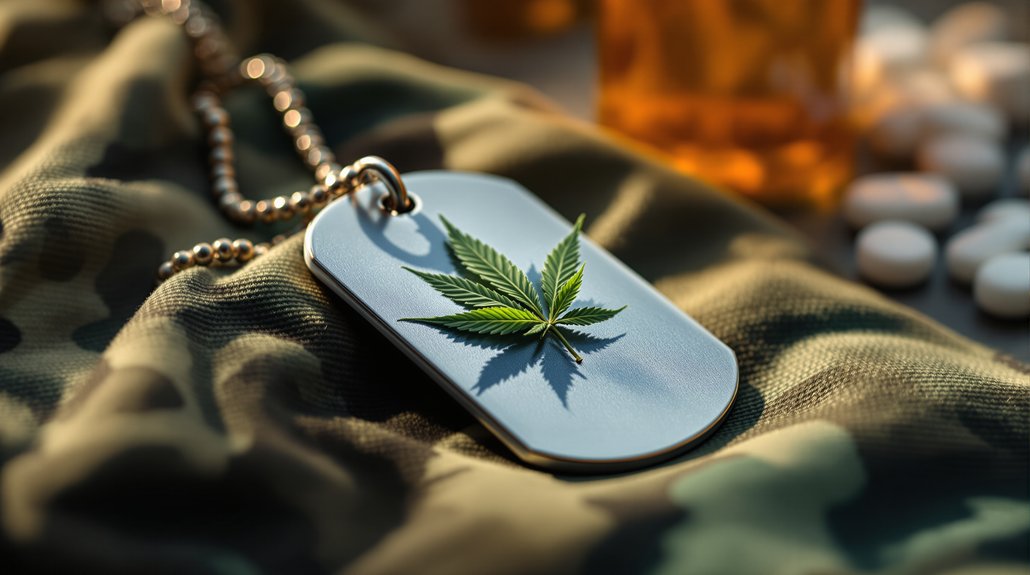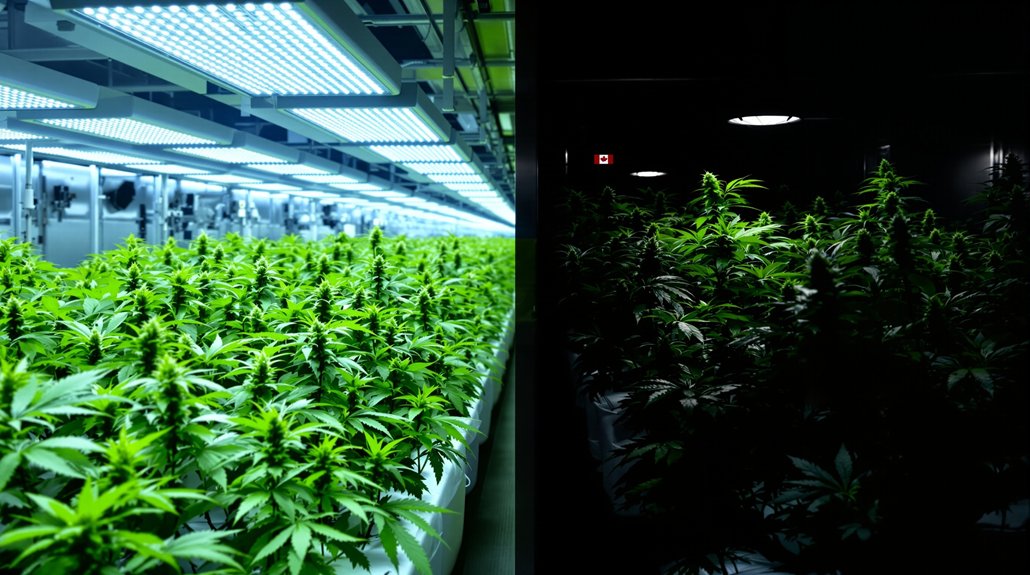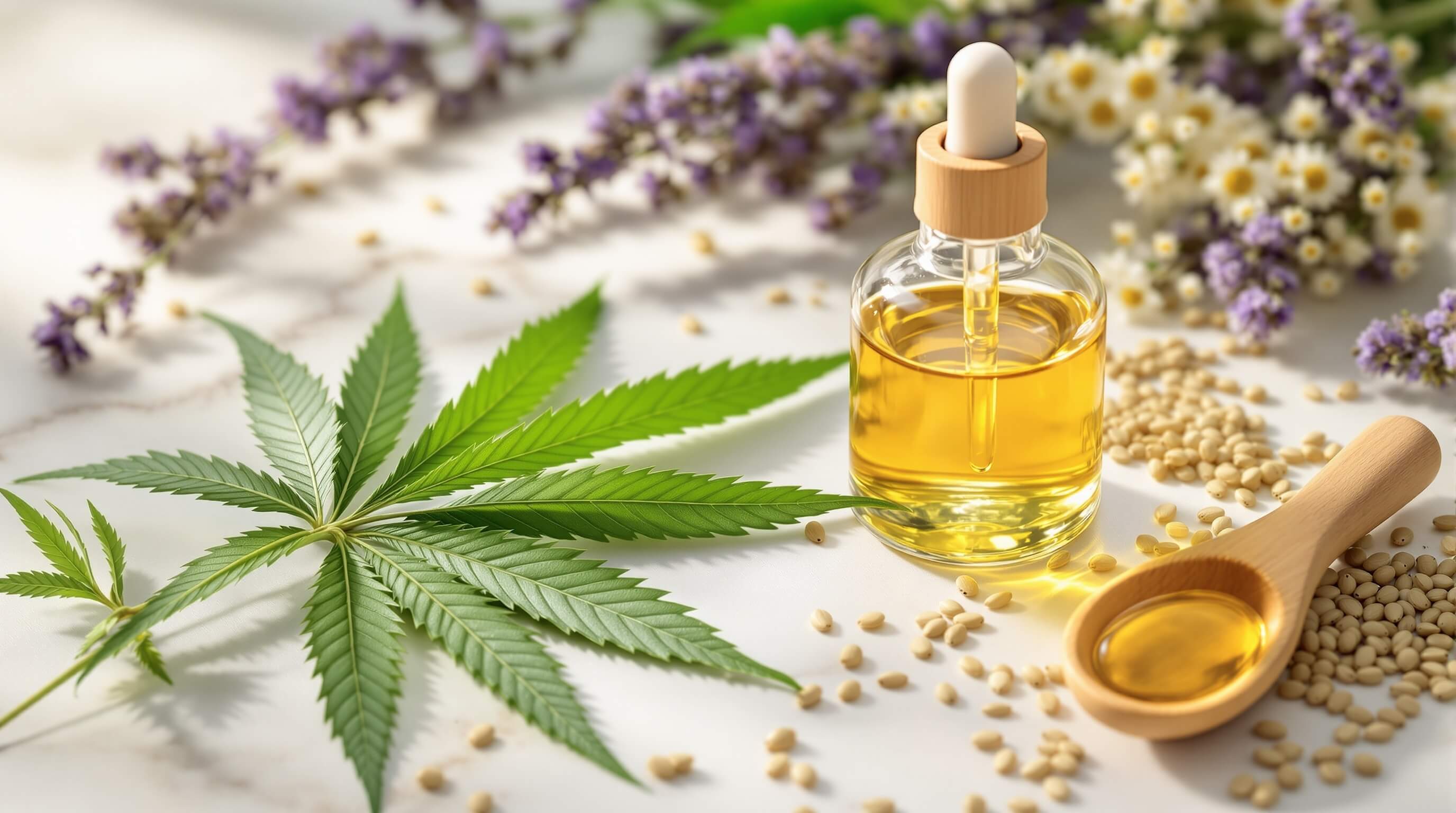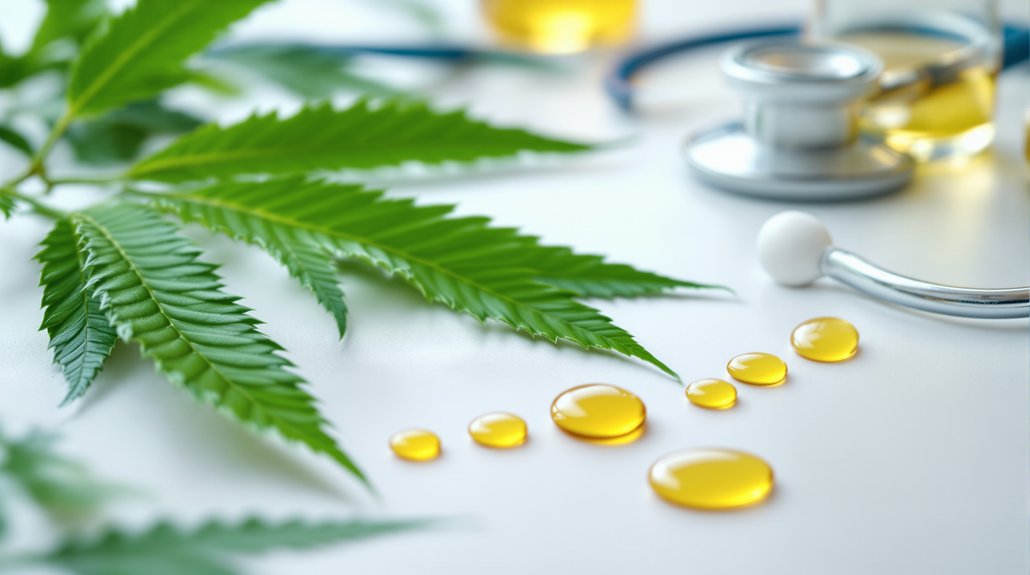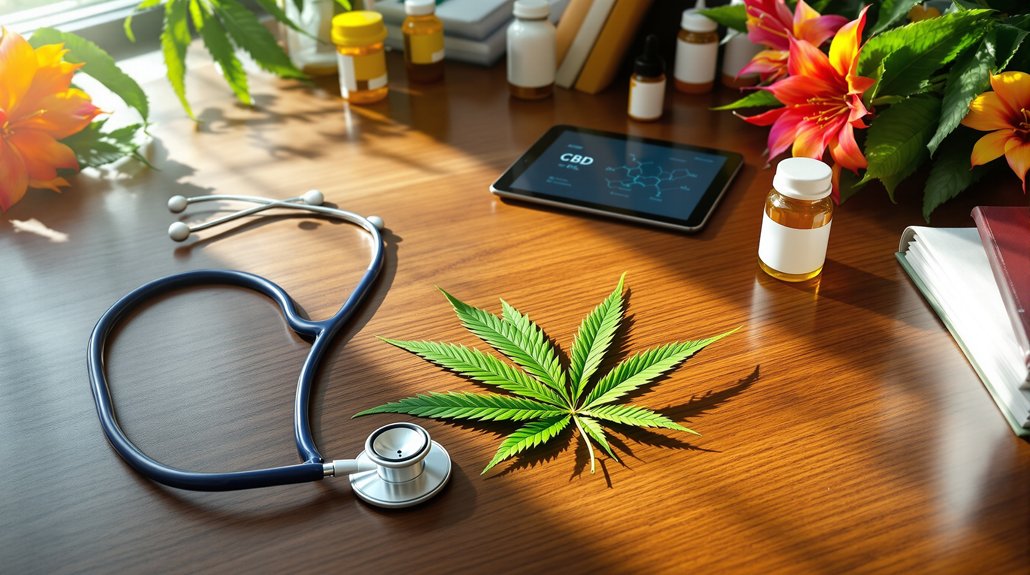While conventional treatments for PTSD often fall short for military veterans, the growing interest in medical marijuana as an alternative therapy has sparked both hope and concern within the healthcare community. Recent research reveals a complex picture of cannabis use among veterans struggling with post-traumatic stress disorder, showing both promising short-term benefits and troubling long-term risks.
Clinical observations indicate that cannabis use can provide significant improvements in PTSD symptoms during short periods, with studies documenting notable relief over three-week periods in veteran populations. Delta-9-THC has demonstrated effectiveness in reducing PTSD-related nightmares, while cannabidiol (CBD) shows anxiolytic effects that may benefit overall symptomatology. Veterans report improvements in sleep disturbances and anxiety levels when using cannabis products.
However, rigorous scientific evaluation tells a more sobering story. The sole triple-blind, placebo-controlled randomized trial conducted specifically on veterans with PTSD found that while all cannabis potency groups showed improvement, none outperformed placebo treatments. This finding highlights the significant gap between anecdotal reports and controlled clinical evidence.
The research landscape remains limited, relying heavily on observational studies, retrospective chart reviews, and self-reported symptom changes rather than objective clinical measures. The FDA’s 2024 approval of a large-scale clinical study involving over 300 veteran participants represents an essential step toward generating more reliable evidence about cannabis effectiveness for PTSD treatment. This comprehensive study utilizes self-titration dosing to allow participants to use cannabis at THC levels similar to those found in legal markets.
Concerning patterns emerge when examining frequent cannabis use among veterans. Those using marijuana more than weekly demonstrate twice the probability of developing co-occurring psychiatric disorders and experience impaired cognitive functioning. Studies link regular cannabis use to higher rates of depression, anxiety, and suicidal ideation in veterans with PTSD.
Veterans who rely heavily on cannabis often adopt substance use and disengagement as primary coping strategies, potentially reducing their motivation to engage in evidence-based treatments. The groundbreaking study involved 76 U.S. veterans with chronic, treatment-resistant PTSD who had not responded to conventional medication or psychotherapy approaches.
The regulatory environment reflects this scientific uncertainty. While sixteen states have legalized medical marijuana specifically for PTSD, the U.S. Department of Veterans Affairs and Department of Defense do not recommend marijuana as first-line treatment. Treatment guidelines continue to prioritize psychotherapy and conventional medications over cannabis for veteran populations. The cannabis industry’s banking limitations further complicate veterans’ access to medical marijuana even in states where it is legal for PTSD treatment.
The persistent interest in cannabis stems partly from the limitations of existing treatments. Treatment-resistant PTSD affects many veterans, with standard antidepressants showing low remission rates and disappointing patient-to-response ratios. This treatment gap, combined with high rates of psychiatric and medical comorbidities, drives many veterans to seek alternative therapies. Medical marijuana consideration typically occurs when conventional treatments prove insufficient, particularly for chronic PTSD lasting six months or longer.
